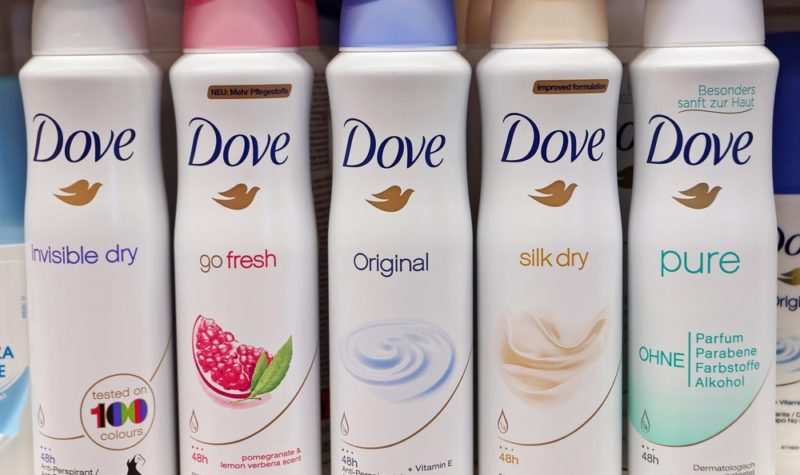Why BAT, Unilever and Burberry could prove resilient

Robert Stephens, CFA, discusses the prospects for the consumer goods industry in the wake of COVID-19.
The outlook for many global consumer goods companies has vastly deteriorated since the start of the year. Closed stores, reduced economic activity and increasing unemployment could mean that companies across the sector report declining sales and profitability in upcoming quarters.
This, then, could be an opportunity to buy strong businesses that have long-term growth potential at low prices. Companies with attributes such as strong customer loyalty, emerging market exposure and even defensive appeal could be attractive, in my opinion.
Customer loyalty
Global consumer goods companies such as Burberry (LON:BRBY) have historically enjoyed high degrees of customer loyalty. This could provide the business with a wider economic moat than some of its peers, and may lead to it experiencing stronger financial performance over the long run.
Burberry’s sales were affected by the closure of many of its stores in Mainland China towards the start of the Covid-19 pandemic. This, though, could mean that it recovers quicker than some of its peers. China’s latest economic data and its recent lifting of restrictions on movement may help Burberry to offset its weaker current performance in North America and Europe.
The stock now trades on a price-earnings ratio of 14.9. Investors should expect a decline in earnings in the short run, but the firm’s new product designs, greater consideration of sustainability in its products and brand strength could increase its investment potential.
Emerging markets
Unilever (LON:ULVR) could experience lower demand for its products as unemployment levels rise and job security declines in many of its key markets. Consumers may trade down from its products to cheaper own brands in a period where disposable incomes could decline in real terms.
The company’s exposure to emerging markets could aid it in surviving the current difficulties. China’s potential recovery at a time when North America and Europe are largely in lockdown could strengthen the firm’s near-term outlook. In the long run, rising wages in emerging economies could catalyse the company’s bottom line, while its focus on the sustainability of its products may resonate with consumers across the world.
Unilever’s price-earnings ratio is still relatively high at 21.3, but its balance sheet strength and diverse product range means its risks are likely to be lower than for most of its peers.
Defensive appeal
Tobacco companies such as BAT (LON:BATS) have lost a substantial amount of their defensive appeal in the past few years. Declining cigarette volumes mean many investors have shunned them in this stock market crash in favour of sectors with more certain outlooks.
However, BAT’s financial performance has thus far been unaffected by the Covid-19 pandemic. Cigarette sales make up the vast majority of its earnings, so the stock could offer an attractive risk/reward opportunity compared to other global consumer goods businesses.
In addition, its yield of 7.2% may be more reliable than many FTSE 100 large-caps at a time when dividend cuts are quickly becoming the norm. Regulatory concerns about cigarettes may also give way to investor desires for stability and resilience should Covid-19 prove to be more difficult to overcome than the stock market is currently pricing in.
Comments (0)